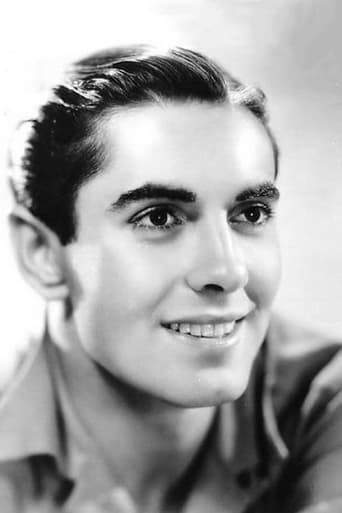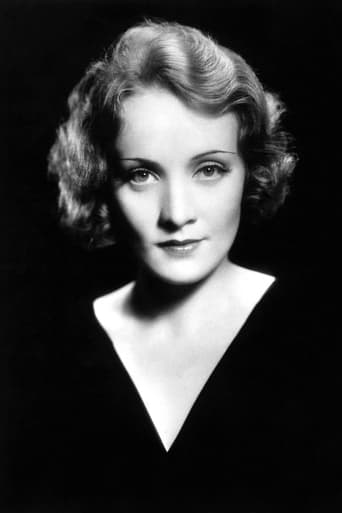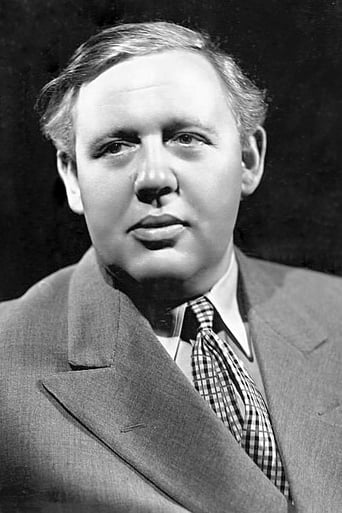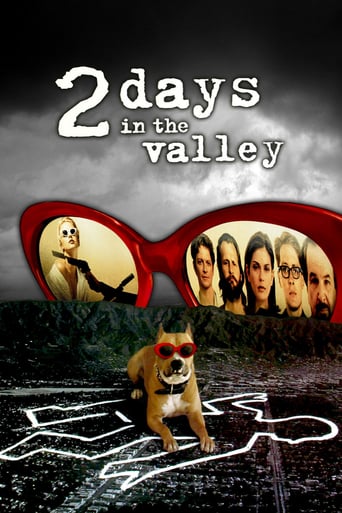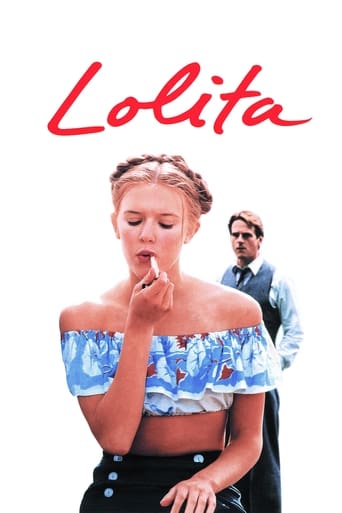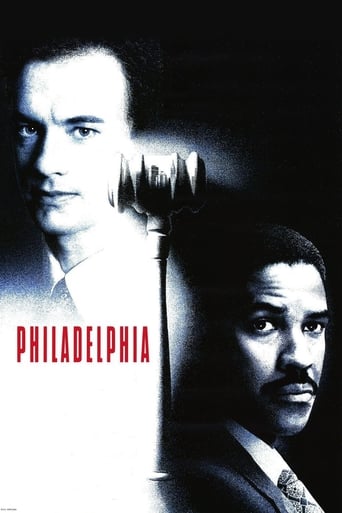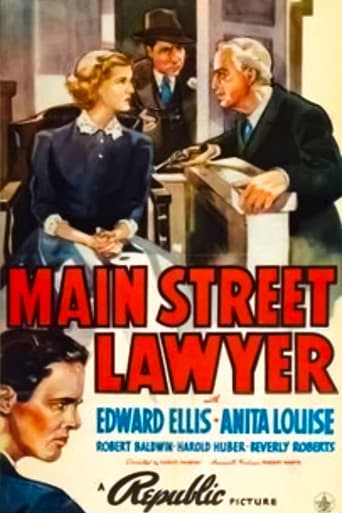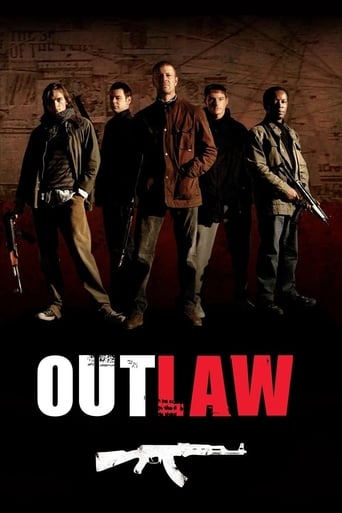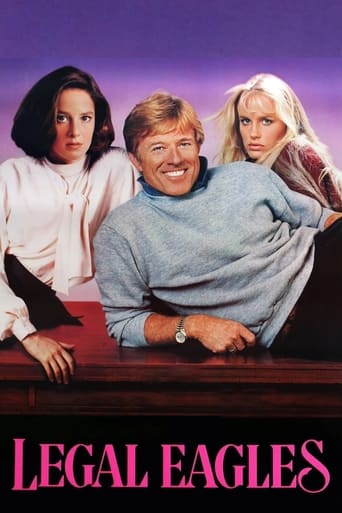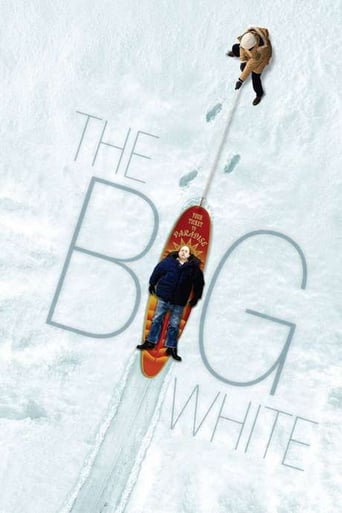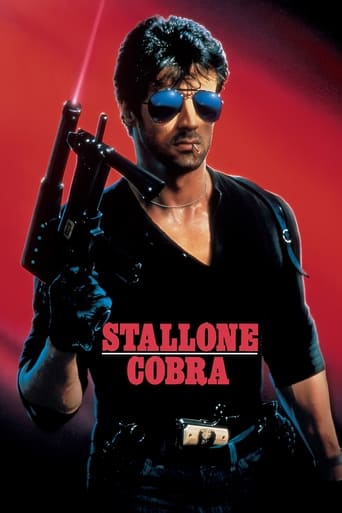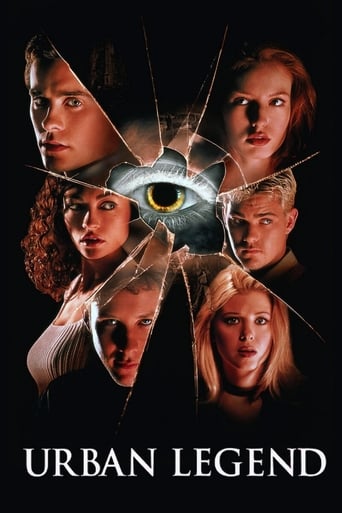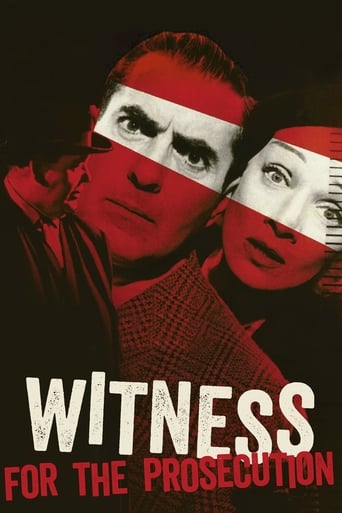
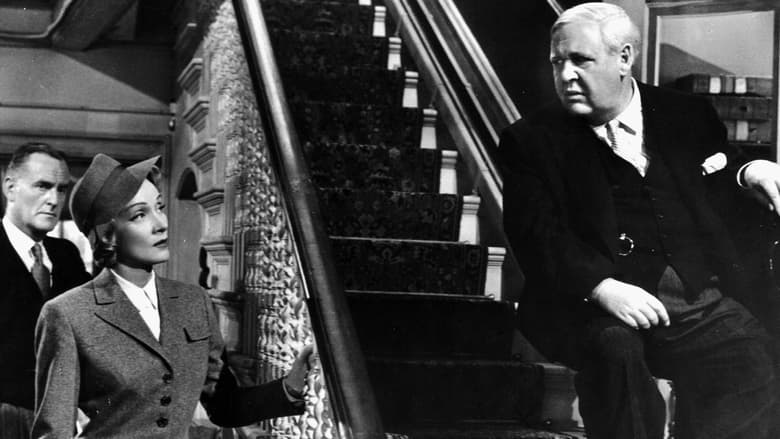
 Watch Now
Watch Now




Witness for the Prosecution (1957)
 Watch Now
Watch Now




When Leonard Vole is arrested for the sensational murder of a rich, middle-aged widow, the famous Sir Wilfrid Robarts agrees to appear on his behalf. Sir Wilfrid, recovering from a near-fatal heart attack, is supposed to be on a diet of bland, civil suits—but the lure of the criminal courts is too much for him, especially when the case is so difficult.
Watch Trailer
Cast


Similar titles
Reviews
Undescribable Perfection
good back-story, and good acting
The movie's neither hopeful in contrived ways, nor hopeless in different contrived ways. Somehow it manages to be wonderful
Although I seem to have had higher expectations than I thought, the movie is super entertaining.
Agatha Christie is one of the most adapted writers for the big screen, but also rarely managed to deliver a bad movie script. Her crime mysteries were just to good in their core, offering endless plot twists, as did one of her first adaptations, "Witness for the prosecution". William Wilder's movie brought Marlen Dietrich's charisma to the big screen, but also managed to keep the tension of a murder trial all the way through the entire movie, climaxing in a really unexpected climax at the very end. On the other hand, the acting and the development of characters won't be revolutionary If you are into crime/mystery/trial movies you should not miss "Witness for the prosecution", a classical genre mainstream.
The best thing about the film is not the witty dialogues or the amazing character development or the brilliant Charles Laughton, it's the ending. Not in the way that it's a completely surprising twist (which it was even though it was hidden in plain sight), but in the way that how politically progressive the twist was. By feeding the social stigma up till then, never losing focus on how exactly it is portrayed and suddenly exposing the truth of it and letting the viewers know why a lot of it is actually portrayed the way it is in the film. I think this may get a higher rating from me after I give it time to sink in.
Very well made movie. Loved Laughton. The choice of cast too is apt. There is no boring moment in this movie. The suspense is well built till the very end. One of the best courtroom movies I have seen. And if you are one who likes courtroom dramas like me don't give this a miss. Classic movie indeed.
Sir Wilfrid Robarts (Charles Laughton), a master barrister in ill health, takes on Leonard Vole (Tyrone Power) as a client, despite the objections of his private nurse, Miss Plimsoll (Elsa Lanchester), who says the doctor warns him against taking on any criminal cases. Vole is accused of murdering Mrs Emily French (Norma Varden), a rich, older widow who had become enamoured with him, going so far as to make him the main beneficiary of her will. Strong circumstantial evidence points to Vole as the killer, but Sir Wilfrid believes Vole is innocent.When Sir Wilfrid speaks with Vole's German wife Christine (Marlene Dietrich), he finds her rather cold and self-possessed, but she does provide an alibi. Therefore, he is greatly surprised when she is called as a witness for the prosecution. While a wife cannot testify against her husband, Christine was in fact still married to a German man when she wed Leonard (who was in the Army and part of the occupation forces in Germany). She testifies that Leonard admitted to her that he had killed Mrs French, and that her conscience forced her to finally tell the truth.During the trial in the Old Bailey, Sir Wilfrid is contacted by a mysterious woman who, for a fee, provides him with letters written by Christine herself to a mysterious lover named Max. The affair revealed by this correspondence gives Christine such a strong motive to have lied that the jury finds Leonard not guilty.


